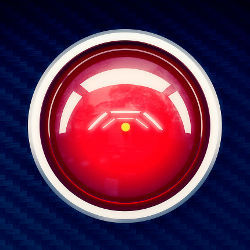Samsung to push more ads at you through your TV

And this is why the only things we should connect to the net are things running software that's under our control -- free software, in other words. (Free as in freedom, not (necessarily) as in price.) Otherwise your TV, your phone, your tablet, your PC, are all enemy agents, bent on spying on and brainwashing you. Root your phone and tablets, put Linux on your PCs, adblockers everywhere, and everything else off the network, to hell with "the Internet of Things". It's as necessary to information hygiene as washing your hands is to biological hygiene.
Even older Samsung TVs are going to get baked ads (The Stack)
An insider has stated that Samsung, the largest manufacturer of televisions in the world, is not only seeking to expand the use of hardware-baked advertising tiles in its newer models, but also to use software updates to make the functionality possible for older TVs which did not originally include it.
The South Korean company includes advertisements in its range of internet-connected televisions, and according to a post at WSJ, Executive Vice President Lee Won-jin (recently poached from Google) is at the helm of the initiative to add extra value to the razor-thin percentages thAn insider has stated that Samsung, the largest manufacturer of televisions in the world, is not only seeking to expand the use of hardware-baked advertising tiles in its newer models, but also to use software updates to make the functionality possible for older TVs which did not originally include it.
The South Korean company includes advertisements in its range of internet-connected televisions, and according to a post at WSJ, Executive Vice President Lee Won-jin (recently poached from Google) is at the helm of the initiative to add extra value to the razor-thin percentages that Samsung is currently able to garner in competition with cheap Chinese exports.
